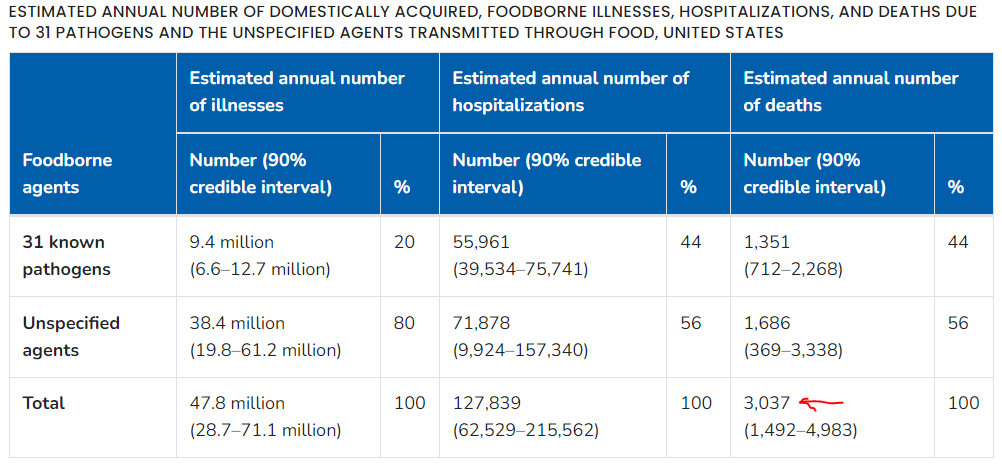WildWill
Well-known member
I'm right there with you on hating the idea of wasting meat. I decided long ago after doing my own research that I'm not throwing any deer out. I will continue to practice what I was tought growing up if the deer appears healthy in life and everything looks good when cutting it up it's getting eaten.Life is a series of managed risks. Am I going to base my meal choice on a statistical improbability?
Your above thought really sums it up for me. If I had to throw my deer out I'd take up bird hunting or maybe golf. OK well not golf but you get it. Pretty sure my family being the epicenter of cwd transfer from eating a couple positive deer is about as likely as a astroid landing on our house while we all sleep.





